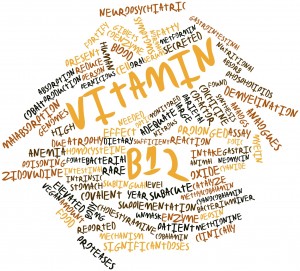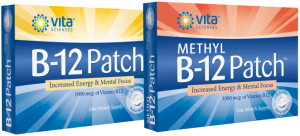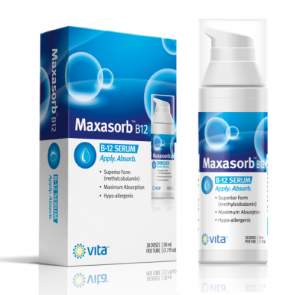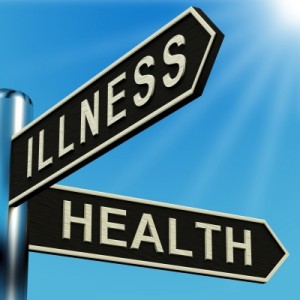What are the signs of vitamin deficiency? The symptoms of low vitamin and mineral levels can wreak havoc on your entire body. Fatigue, brain fog, muscle pain and insomnia are just a few vitamin deficiency symptoms that go unnoticed, and undiagnosed. Listed are some of the most common clues to watch for.
Vitamin Deficiency Symptoms: the Complete List
If you suspect you have vitamin deficiency, then speak to a doctor immediately. Signs of vitamin deficiency anemia may require emergency vitamin supplementation.
Listed are 13 essential vitamins and minerals that you need for daily health, plus symptoms that may signal a deficiency.
1) Vitamin A (Retinol)
Food sources: Yams, beef liver, spinach, carrots, and pumpkin.
Vitamin deficiency symptoms: Color-blindness, conjunctivitis, dry eyes, Bitot’s spots, farsightedness, corneal ulcers, ichthyosis (scaly skin), macular degeneration, photophobia, night blindness, keratosis, dry hair, ridged nails, peeling nails, acne, skin infections, jaundice, shingles, and wrinkles.
2) Vitamin B1 (Thiamine)
Food sources: Mushrooms, sunflower seeds, tuna, and broccoli.
Vitamin deficiency symptoms: Chronic fatigue, loss of appetite, nerve damage, heart palpitations, mental confusion, depression, dementia, forgetfulness, nervous irritability, Beriberi disease, crossed eyes, dim vision, glaucoma, Raynaud’s disease, sensitivity to insect bites, furrowed tongue, Addison’s disease, fungal infections, itching, white patches on tongue.
3) Vitamin B2 (Riboflavin)
Food sources: Liver, mushrooms, spinach, and dark green vegetables.
Vitamin deficiency symptoms: Loss of appetite, nerve damage, depression, nervous irritability, increased homocysteine levels (heart attack and stroke risk), blurred vision, cataracts, conjunctivitis, dim vision, glaucoma, retinitis, corneal ulcers, macular degeneration, night blindness, photophobia, eyelid tics, acne, Addison’s disease, eczema, fungal infections, seborrhea, itching, white-heads, rosacea, eczema around nose and ears, dandruff, oily hair, sore tongue, cracked lips at corners of the mouth, purplish or magenta tongue, white patches on tongue.
4) Vitamin B3 (Niacin)
Food sources: Brown rice, tuna, mushrooms, liver, beans, and lean meat.
Vitamin deficiency symptoms: Loss of appetite, fatigue, mental confusion, depression, dementia, nervous irritability, diarrhea, acne, Addison’s disease, fungal infections, itching, reddish-brown skin on neck, white patches on tongue.
5) Vitamin B6 (Pyridoxal phosphate)
Food sources: Bananas, bell peppers, potato skins, garbanzo beans, prune juice, and dark green leafy vegetables.
Vitamin deficiency symptoms: Chronic fatigue, depression, nervous irritability, increased homocysteine levels (heart attack and stroke risk), numbness in the hands and feet, blurred vision, conjunctivitis, dark spots in front of the eyes, retinitis, corneal ulcers, macular degeneration, night blindness, eyelid tics, acne, Addison’s disease, eczema, edema, fungal infections, dermatitis around eyes and nose, skin infections, itching, jaundice, pale skin, vitiligo, dandruff, hair loss, white spots on nails, sore tongue, cracked lips at corners of the mouth, bad breath, canker sores, white patches on tongue.
6) Vitamin B9 (Folic acid)
Food sources: Organ meat, beans, dark green leafy vegetables, beets, and cauliflower.
Vitamin deficiency symptoms: Mental confusion, depression, dementia, forgetfulness, nervous irritability, insomnia, aggression, cervical dysplasia, megaloblastic anemia, increased homocysteine levels (heart attack and stroke risk), nerve damage, failure to thrive, low birth weight, neural tube defects, breathlessness, heart palpitations, pale skin, reddish-brown skin on neck, graying hair, hangnails, cracked lips at corners of the mouth, canker sores, beefy, red tongue, gingivitis.
7) Vitamin B12 (Cobalamin)
Food sources: Organ meats, cod, halibut, salmon, shellfish, lean meat, eggs, and dairy products.
Vitamin deficiency symptoms: Chronic fatigue, loss of appetite, nerve damage, painful tingling and numbness in the hands and feet, loss of balance, movement problems, heart palpitations, breathlessness, mental confusion, hallucinations, depression, memory loss, dementia, forgetfulness, nervous irritability, increased homocysteine levels (heart attack and stroke risk), diarrhea, dim vision, retinitis, eyelid tics, miscarriages, fertility problems, Addison’s disease, brown pigmentation around small joints, fungal infections, itching, jaundice, pale skin, shingles, vitiligo, hair loss, sore tongue, beefy, red tongue, canker sores, white patches on tongue, altered sense of taste.
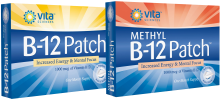
Get the Vitamin B12 Patch– Now available with Methyl-B12 !
8) Vitamin C (Ascorbic acid)
Food sources: Guava, papayas, strawberries, citrus fruits, broccoli, Brussels sprouts, bell peppers, and dark green leafy vegetables.
Vitamin deficiency symptoms: Chronic fatigue, loss of appetite, cataracts, conjunctivitis, crossed eyes, dark spots in front of the eyes, dim vision, glaucoma, retinitis, corneal ulcers, near-nearsightedness, acne, Addison’s disease, eczema, edema, skin infections, itching, jaundice, prickly-heat rash, shingles, wrinkles, hangnails, peeling nails, gingivitis.
9) Vitamin D
Food sources: Salmon, sardines, shrimp, fish oil, yams, and dairy products fortified with vitamin D.
Vitamin deficiency symptoms: Nervous irritability, near-sightedness, increased risk for diabetes, rickets, skeletal deformities, muscular weakness, soft bones, muscular pain (especially lower back pain), frequent bone fractures, osteoporosis, rheumatoid arthritis, hypertension, hypocalcemia, muscle twitches, numbness in the hands and feet, irregular heartbeat.
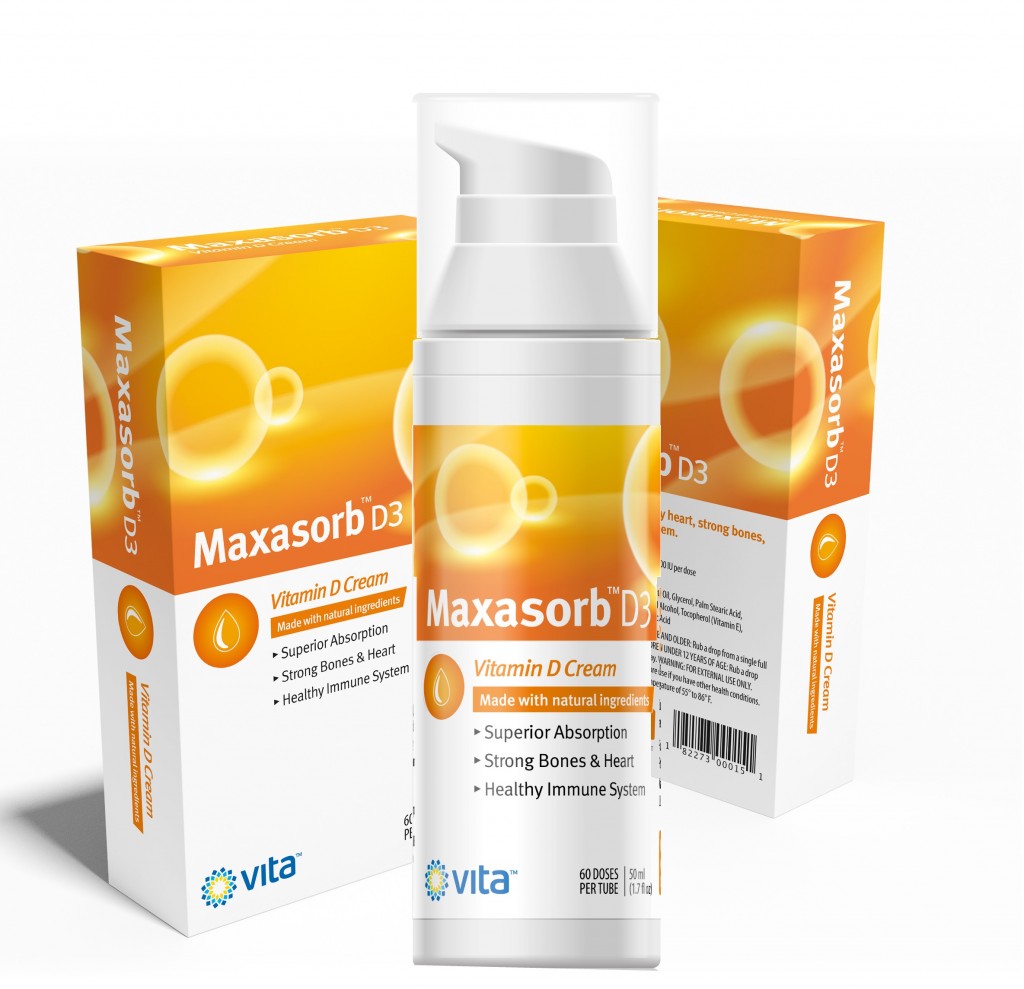
Maxasorb Vitamin D3 Cream. Buy it now!
10) Vitamin E
Food sources: Vegetable oils, wheat germ oil, dark green leafy vegetables, avocadoes, seeds, nuts, and whole grains.
Vitamin deficiency symptoms: Loss of appetite, nausea, anemia, immune system disorders, angina, muscular pain, tingling and numbness in the hands and feet, movement problems, miscarriages, fertility problems, bulging eyes, cataracts, crossed eyes, near-sightedness, acne, jaundice, shingles, wrinkles.
11) Calcium
Food sources: Yogurt, cheese, sardines, canned salmon, milk, and dark green leafy vegetables.
Vitamin deficiency symptoms:Osteoporosis, hypocalcemia, tingling and numbness in the hands and feet, muscular pain, irregular heartbeat, fatigue, loss of appetite, frequent bone fractures, peeling nails, ridged nails, gingivitis.
12) Magnesium
Food sources: Wheat bran, almonds, cashews, dark green leafy vegetables, tofu, beans, and seeds.
Vitamin deficiency symptoms: Loss of appetite, nausea, vomiting, fatigue, weakness, tingling and numbness in the hands and feet, muscular pain, mood swings, irregular heartbeat, hypocalcemia, farsightedness, glaucoma, retinitis, macular degeneration, eyelid tics, Addison’s disease, edema, skin infections, jaundice, dandruff, bad breath.
13) Zinc
Food sources: Oysters, crab, lobsters, beef, poultry, and fortified cereals.
Vitamin deficiency symptoms: Diarrhea, immune system disorders, failure to thrive, poor concentration, dark spots in front of the eyes, retinitis, corneal ulcers, macular degeneration, night blindness, eyelid tics, acne, eczema, edema, dermatitis around eyes and nose, skin infections, jaundice, vitiligo, dandruff, dry and brittle hair, hair loss, white spots on nails, bad breath, canker sores.
Image by Mike Mozart, Flickr, CC license. Vita Sciences does not own this property.

